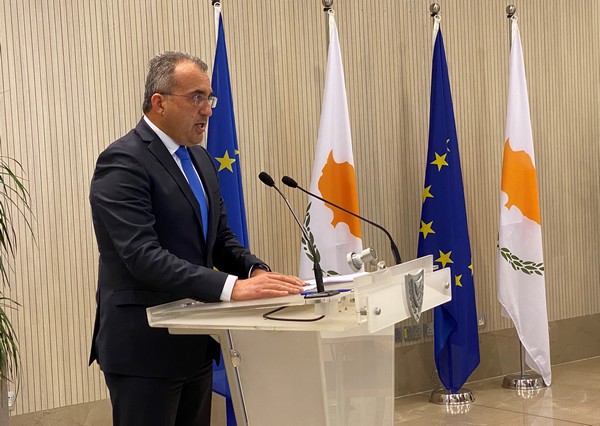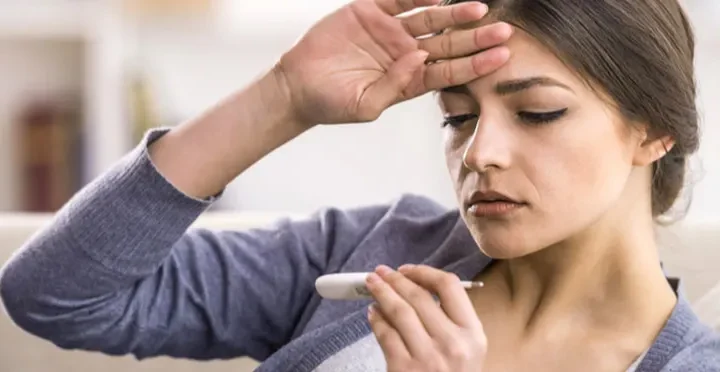Cyprus is fully prepared to handle cases of monkeypox, and tests will be conducted on island if needed after a recent false alarm, said Health Minister Michalis Hadjipantela.
“We are all ready. Three to four days ago, we had a suspected case handled excellently at Nicosia General Hospital,” said Hadjipantela.
He noted an increase in monkeypox cases worldwide but argued that Cyprus is well prepared to address any situation.
“If necessary, tests can be done in Cyprus, and this happened with the suspected case for which a test was conducted at the Cyprus Institute of Neurology and Genetics.”
Cyprus has yet to confirm a case of monkeypox following the recent outbreak in Europe.
Last week a 31-year-old woman visited Larnaca General Hospital with a suspicious rash, and the suspected monkeypox case was sent to Nicosia General for treatment.
A sample was sent for tests, and it was diagnosed as a chickenpox case.
The World Health Organization has warned that 200 monkeypox cases found in recent weeks outside countries where the virus usually circulates could be just the beginning.
Since the UK first reported a confirmed monkeypox case on 7 May, nearly 200 cases have been reported to the UN health agency in countries far from the states where the virus is endemic.
The European Centre for Disease Prevention and Control has put the number of such cases at 219.
Endemic in west and central African nations, monkeypox cases have suddenly been detected in more than 20 other countries worldwide, including the US, Australia, the United Arab Emirates and nearly a dozen EU countries.
Monkeypox is related to smallpox, a deadly disease eradicated in 1980. But monkeypox is much less severe, with a 3-6% fatality ratio. Most people recover within three to four weeks.
The initial symptoms include a high fever, swollen lymph nodes and a chickenpox-like rash.
There is not much in the way of treatment, but some antivirals developed against smallpox exist.
Vaccines developed for smallpox are about 85% effective in preventing monkeypox.
However, since smallpox has not posed a threat in more than four decades, most people under the age of 45 have not received the vaccine, and the supplies of the jabs are very limited.










